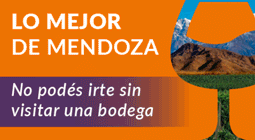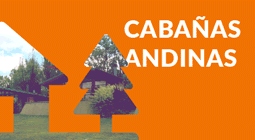Decanter Nicolás Catena has chosen “Man of the Year 2009”. The prestigious publication credited with changing the direction of Argentina’s wine industry and for this reason it has been chosen. In the April issue of Decanter magazine talk with the maker behind the wines from Bodega Catena Zapata. There tell your story and how in 1990 it was considered “crazy” to plant vineyards in the Uco Valley at 1440 meters above sea level. From there, as described by the magazine, Nicolás Catena has become a leader in experimenting with clones and microclimates. “He has been instrumental in changing the Argentine wine scene, pushing it high quality and smart marketing,” he told Decanter, Baron Eric de Rothschild. Meanwhile, in footnote journalist Anthony Rose notes that “while Nicolas Catena was a student of economics and mathematics at Columbia University in New York, he was exposed to the great wines as Chateaux Latour, Lafite and Margaux thanks to Argentine consul that city regularly inviting him to lunch. He went through his twenties moving between the academic and the family wine business. “”Nicolás Catena has not only shown great enthusiasm for life and love of wine, but also great wisdom”, the famous film director Francis Ford Coppola told the magazine.
Trust and entrepreneurship Catena born of his immigrant family and was led by his grandfather Nicola, who emigrated from Italy and settled in Mendoza late 19th & nbsp Century, “Back then, there was virtually no knowledge or understanding of viticulture. But my grandfather chose the Malbec, because even at that time considered the best and most reliable varieties “. A visit to Robert Mondavi in the 1980s and presenting Jacques Lurton (whom he sent wedding gift 1,000 pounds of Argentina meat) finally convinced him his fortune – and that of Argentina – lay in the planting vineyards in much higher and colder areas. & nbsp; “In Argentina, the physical composition of the soil is not relevant because the humidity is controlled through irrigation,” says Catena. “Terroir Relevant factors affecting aroma and flavor are temperature, which depends on the latitude, and the intensity and sunlight, which depends on the height”.





